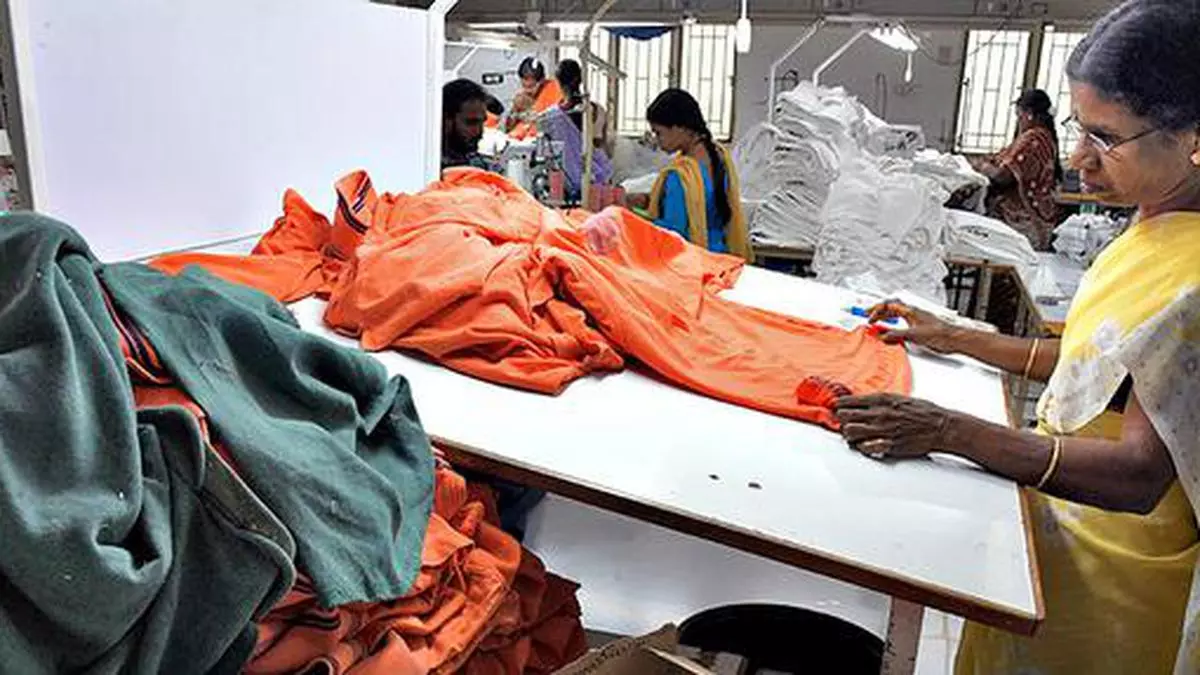80% of stakeholders in textile industry have adopted sustainable manufacturing practices: Report
About 80 percent of the major stakeholders are in India Textile industry It has already adopted some form of sustainable manufacturing practices, according to “Sustainability Survey Report 2023” by The Yarn Bazaar and Wazir Advisors.
A media release stated that the report showcases the significant momentum that has been built among stakeholders across the textile value chain towards embracing sustainability and addresses key issues. Environment, Social and Governance (ESG) factors. The realization that production intensification alone is not sufficient has led to a collective focus on adopting sustainable practices, aligned with the environmental pillar of ESG.
The majority of companies participating in the survey reported an annual increase in the share of sustainable products in their investment portfolios, along with the intention to continue this shift in the future. According to the report, 13 percent of respondents currently have 50-75 percent sustainable products in their portfolio. Similarly, 25 percent of respondents currently make more than 75 percent sustainable products.
The report said there has been a significant increase in cotton recycling, along with traditional polyester recycling, as the industry’s approach to recycling evolves. Integrated players and large spinning mills are actively exploring waste recycling methods for circular textile production, contributing to a more sustainable circular economy.
It said that due to the efforts of some companies, the capacity of recycling polyester from bottles into textile materials in India is expected to reach or exceed 1,600 ktpa by 2030, at a compound annual growth rate of 4 percent. This indicates a significant increase in recycling infrastructure and capacity in the country, highlighting the growing focus on sustainable practices in the textile industry.
“compass for navigation”
Quoting Prateik Gadea, Founder and CEO of The Yarn Bazaar, the statement said: “This report serves as a compass for us to navigate the landscape of the textile industry, on a global scale and within our country. It allows us to understand the position of other major brands on sustainability, and to chart our progress and identify the gaps that must be bridged.
The textile industry, as the second most polluting industry in the world, faces a critical crossroads for its long-term survival. Jadea said there is a need for immediate action to infuse sustainability practices that align with United Nations Sustainable Development Goals (SDGs), addressing major ESG concerns.
Sanjay Arora, business director at Wazir Advisors, said the report presents a fundamental shift in the approach of key stakeholders in the Indian textile industry. It is encouraging to see that 80 percent of these stakeholders have already adopted sustainable manufacturing practices, reflecting the industry’s commitment to environmental responsibility. He said that sustainability has become a critical factor for success in the global textile market, and the report highlights the increasing adoption of sustainable products, with an emphasis on circularity, and alignment with global standards.
